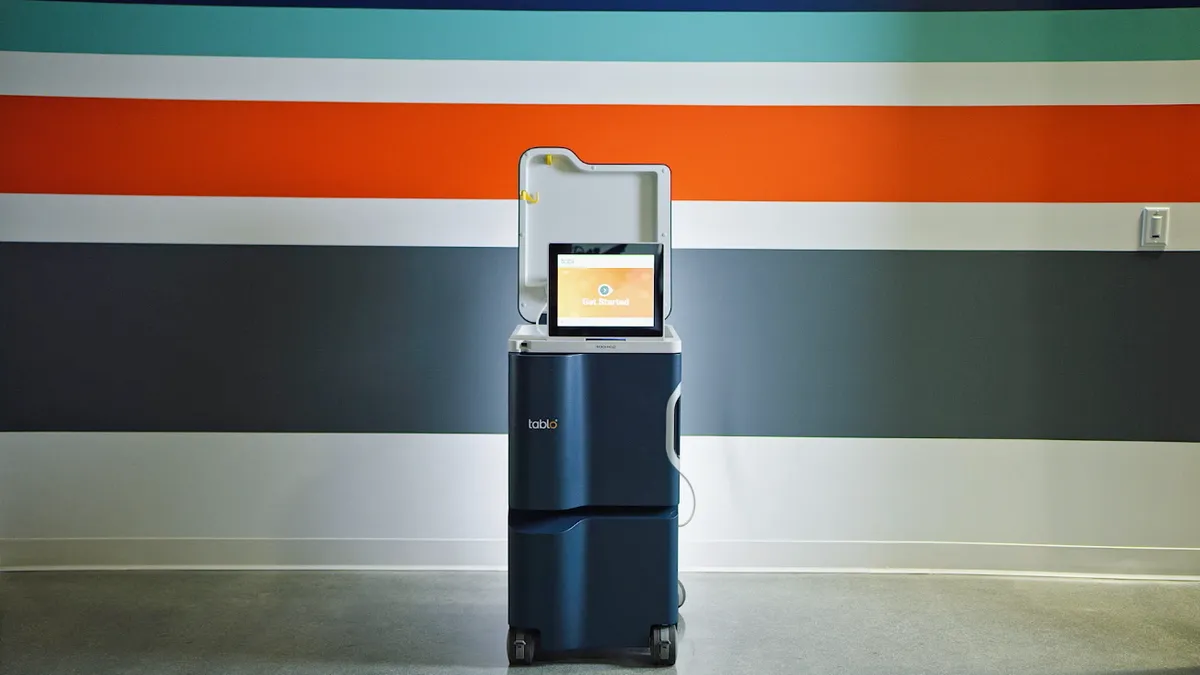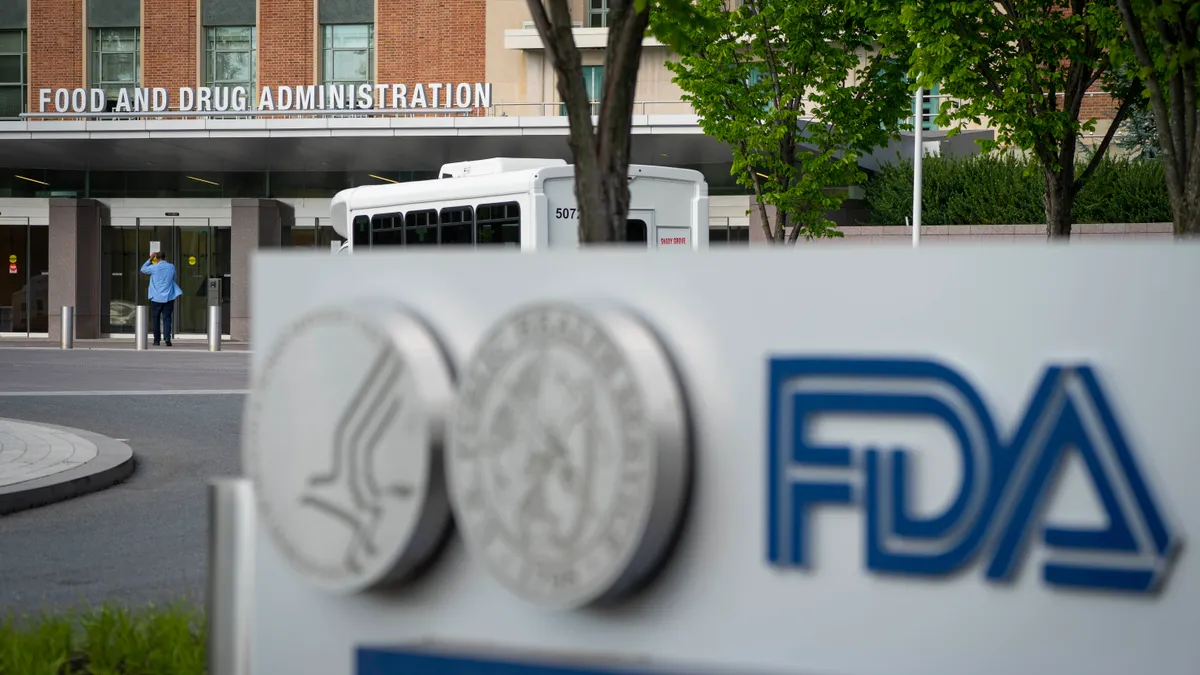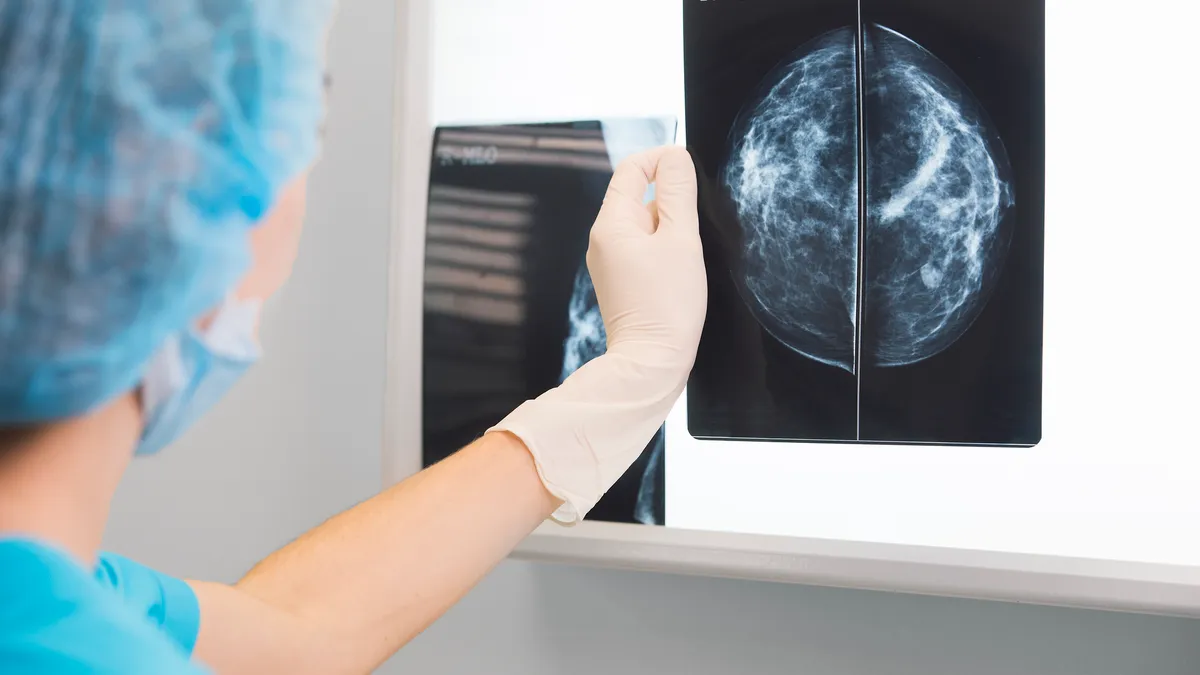The FDA launched into the new year this week with its latest thinking on plans to implement its Software Pre-Certification Program, even with nearly half of staff unable to report to work amid a multi-week government shutdown.
The effort, which holds potential to overhaul how the agency regulates medical device software, is the first boot to drop in a year chock-full of pending regulatory action, potential business deals and the rollout of new technologies. Here are five trends to watch for in 2019:
FDA launches Pre-Cert Pilot, rolls out 510(k), De Novo changes
Commissioner Scott Gottlieb has simultaneously pegged a rollback of firms' reliance on older predicate devices in 510(k) applications and boosted use of its De Novo path to establish new reference products as a priority for FDA. The movement comes as he navigates bad press from a number of investigative reports from the International Consortium of Investigative Journalists and Netflix's The Bleeding Edge last year, which called into question the role FDA plays overseeing the medical device industry.
The agency also raised the possibility of working with Congress to gain new authority to more quickly implement special controls on 510(k) devices when safety concerns pop up related to a device already on the market. Gottlieb argued the current rulemaking process is simply too onerous and time consuming to take corrective action in certain cases.
FDA’s latest plan for its Pre-Cert program, unveiled this week, reflect a fine line the agency is walking between allowing companies to act quickly to put new medical device software onto the market without prior review while still adhering to the agency’s current regulatory authority.
The agency says that it will attempt to collect evidence that its plan to evaluate software developers works as well as the traditional De Novo pathway before potentially seeking new legislative authority to implement a program where FDA can enable precertified medical software firms to directly enter the market for certain software without prior review.
Diagnostics reform on tap in Congress
A years-long effort by FDA and Congress to rework laws around diagnostics could come to fruition this year.
AdvaMedDx Executive Director Susan Van Meter told MedTech Dive in an interview the Leading-edge IVCT Development or VALID Act shows momentum and the trade lobby is looking to capitalize on that. Comments on the new draft legislation are due mid-February, according to Van Meter.
"Together we are pursuing the broad base of a risk based, a comprehensive diagnostics regulatory reform. It's really time that we generate a single predictable pathway to market for all diagnostic tests and really seize on opportunities to allow for innovation," Van Meter said.
The new draft bill closely mirrors the technical guidance FDA gave to lawmakers, and includes a similar precertification program for diagnostic makers, an idea that Gottlieb has pitched in the past.
A staffer for Rep. Larry Bucshon, R-Ind., told MedTech Dive in December that while there are still details that need to be worked out, there is no reason the bill should not get done if House Democrats that control the schedule make it a priority. The Senate is working on companion legislation.
The effort to regulate traditional diagnostics and lab-developed tests under similar rules is broadly bipartisan.
Cybersecurity on center stage
Expect another busy year for cybersecurity efforts, after last year's release of FDA’s Medical Device Safety Action Plan, draft guidance on cybersecurity considerations for premarket submissions and the formalization of a partnership between FDA and the Department of Homeland Security.
“Cybersecurity continues to elevate as a topic as well as a threat, a legislative regulatory topic as well as a threat. We'll be interested in seeing what FDA would guidance, what more information it wants to learn and seek and what it has to say,” AdvaMed EVP of Public Affairs Greg Crist told MedTech Dive.
The FDA is considering requiring firms to submit a software bill of materials as part of premarket submissions. AdvaMed has raised concern about the level of disclosure mandated.
FDA’s safety plan also hints that more action may be coming to require firms to “adopt policies and procedures for coordinated disclosure of vulnerabilities as they are identified.”
New European Union regs loom amid UK turmoil
The specter of a worst-case scenario for the U.K. continues to inch closer, with a March 29 deadline before medical device supplies are potentially disrupted. In August, U.K. health minister Matt Hancock asked manufacturers to examine supply chains to minimize disruption if a deal is not reached in time.
Brexit is just one threat from the Europe; a sweeping overhaul of how the European Union oversees the medical device sector is set to sweep into effect in 2020. MedTech Europe, a trade group, has warned the slow progress moving toward the new regulations could jeopardize devices already on the market if implementation dates are not pushed back.
The pending regulations would require the recertification of 314,000 devices, and MedTech Europe has expressed concern many companies will not be ready in time.
China trade headwinds continue, but industry optimistic
Apple kicked off the year by cutting its guidance forecast due to slowing sales in China, an ominous sign for U.S. medtech companies that have seen mixed success warding off the impact from President Donald Trump’s trade war with China.
AdvaMed CEO Scott Whitaker told reporters in September that the burden on medtech totaled $754 million on an annual basis, noting future escalation of the dispute could negatively impact the sector.
Crist tells MedTech Dive that despite the negative headwinds, AdvaMed has been encouraged by recent indications that the Chinese government may be open to structural reforms that could allow non-domestic firms to increase market share.




















